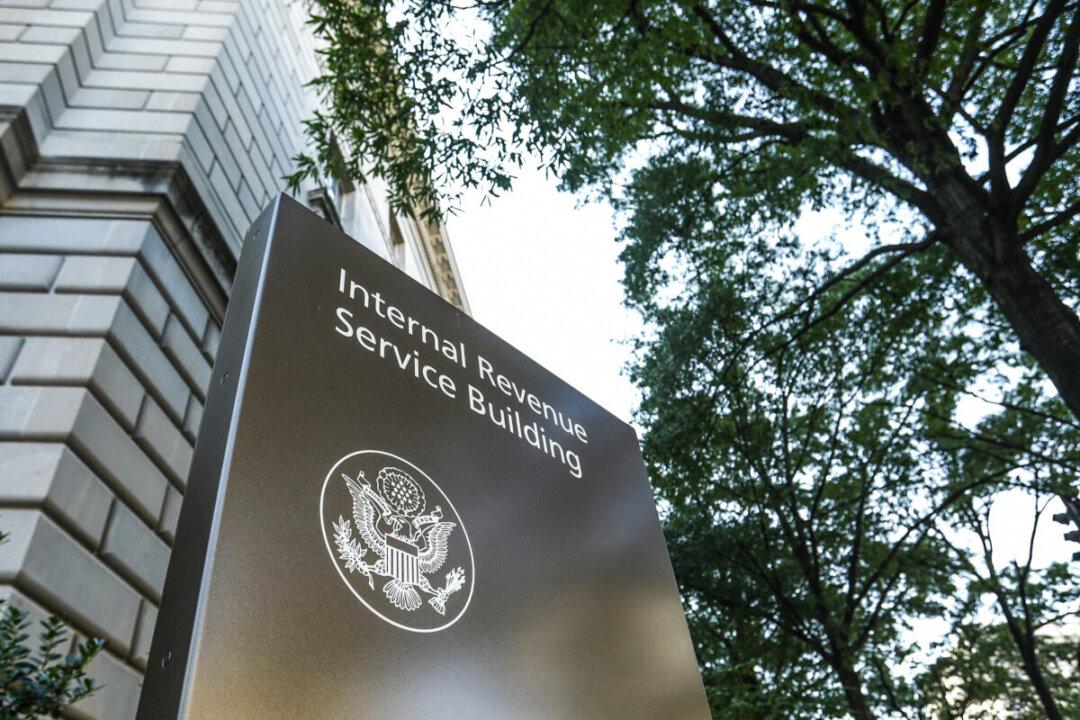The White House on Monday claimed that opposition to a proposal to dramatically widen the powers of the IRS is being driven by large banks and the wealthiest Americans, drawing fresh pushback from critics.
“They’re getting desperate now that average customers and consumers found out about this IRS snooping proposal on all bank accounts, and they’re trying to deflect and focus in on banks and the so-called wealthy and billionaires,” Paul Merski, group executive vice president, congressional relations and strategy for the Independent Community Bankers of America, told The Epoch Times.





